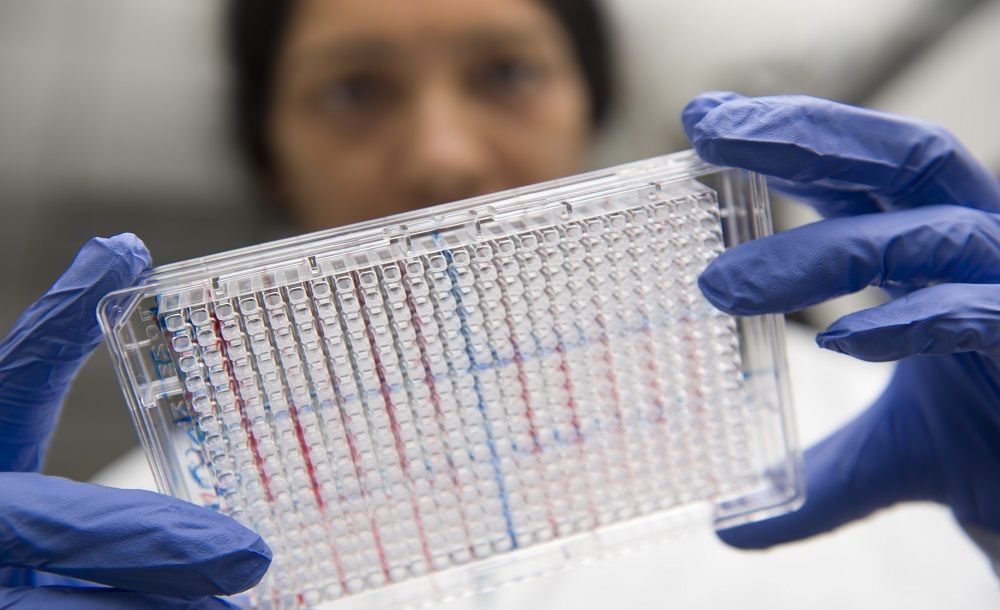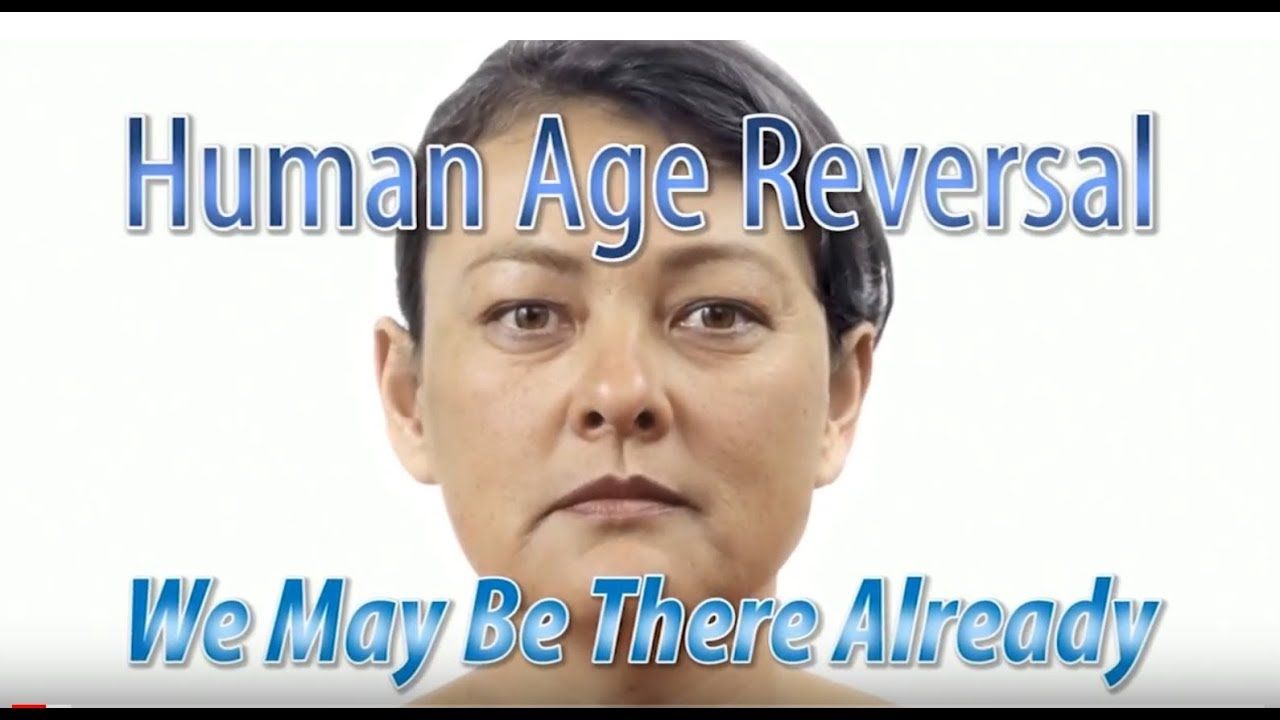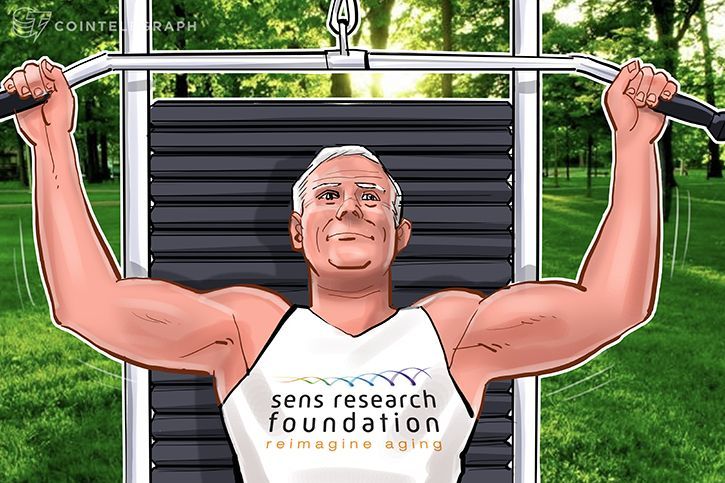When we talk about life extension, we mean people living much longer than they do now, and, more importantly, people who are healthier for longer. For example, we mean being 120 with the health of a 30-year-old. Hang on, though—hasn’t a person who is 120 years old already more than lived their life? Hasn’t that person’s time more than come?
News flash: you haven’t lived your life until you’re dead, and even then, you might not necessarily have crossed off all the items on your list. So, no, there is no such thing as an age when you have, by definition, “already lived your life”—not 80, 90, 100, nor any other. What people actually mean when they say that someone has “already lived their life” is that, in their opinion, that person has lived long enough, and thus he or she might as well, and perhaps even should, die.
People who, for one reason or another, fear a world without aging tend to say things like that. Personally, I am much more afraid of a world where other people get to tell you when your life has been long enough, and, consequently, I tend to say that the only one who should have the right to decide when you’ve lived long enough, if ever, is you—not other people, not nature, not an imaginary greater good. You.
Read more









